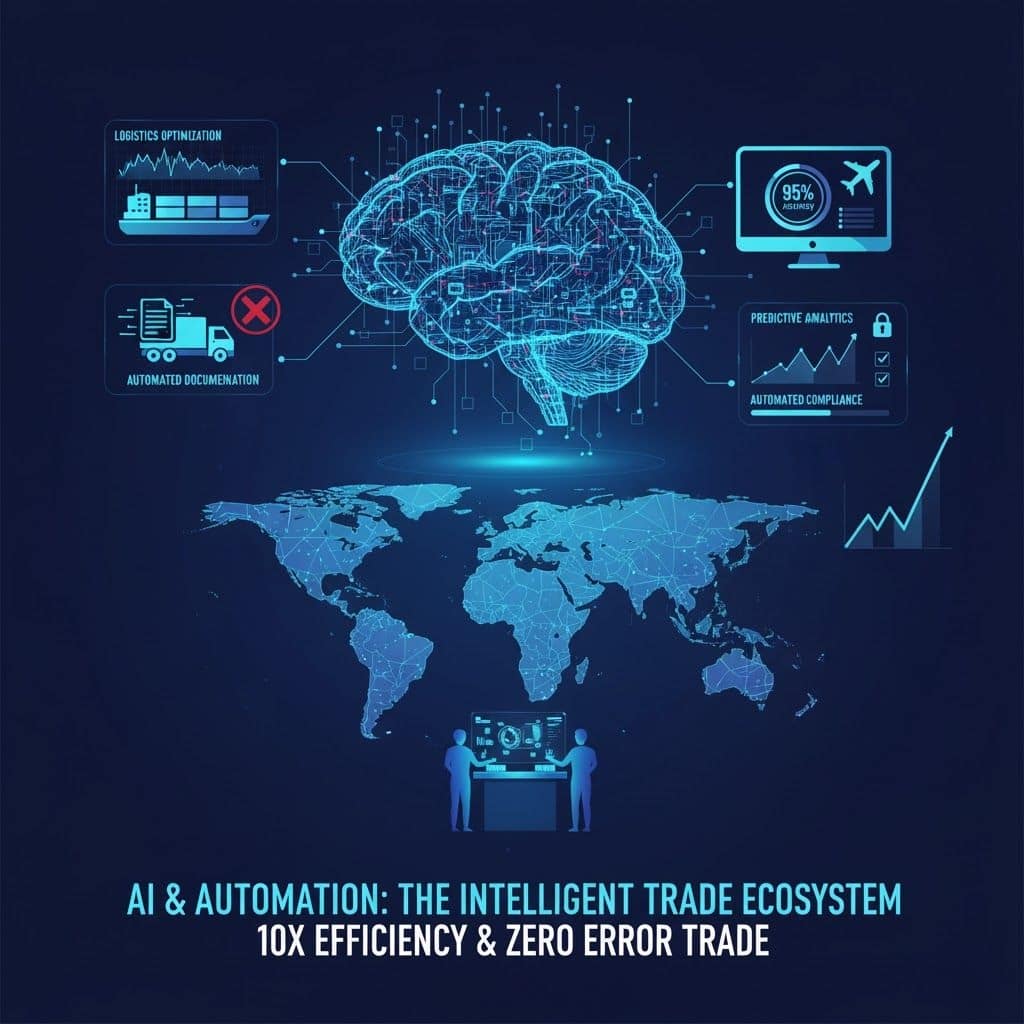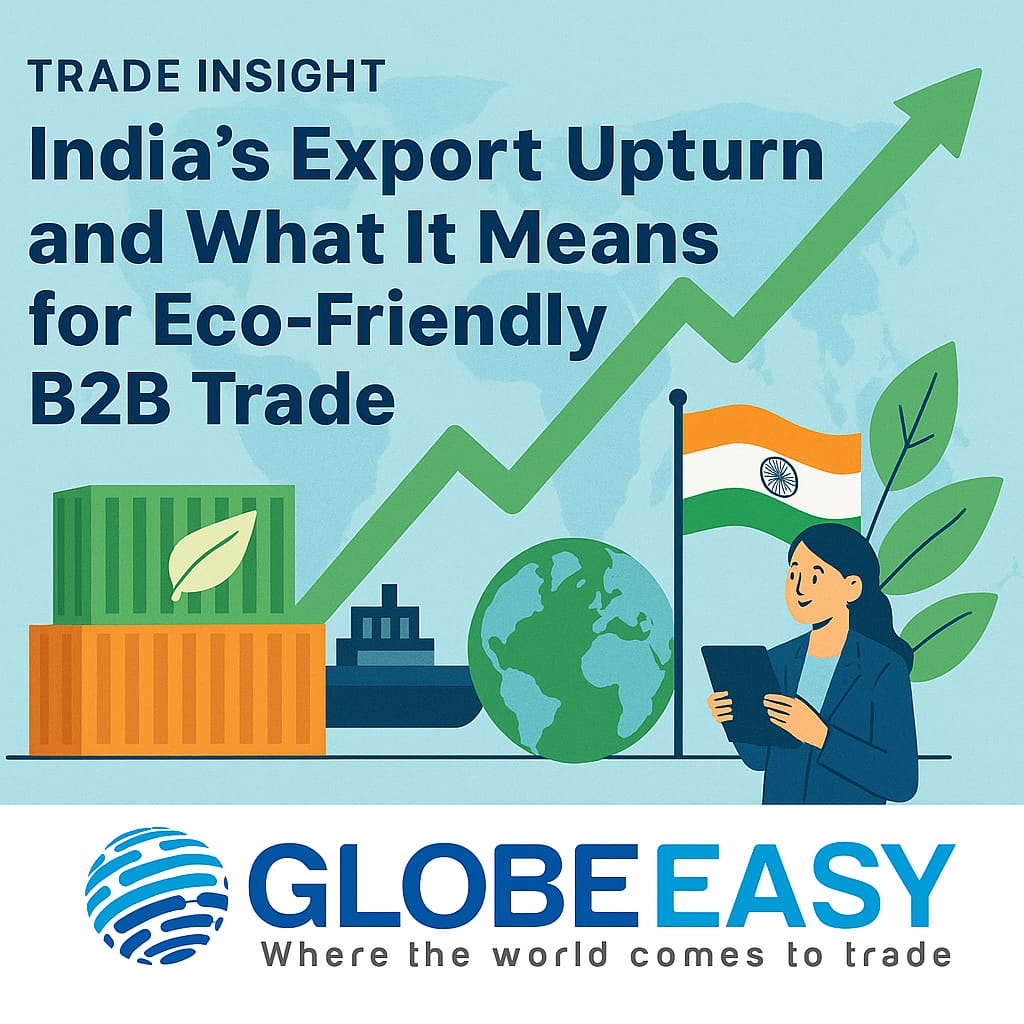Trade Insights


AI, Automation, and the Intelligent Trade Ecosystem: Beyond Efficiency to Transformation
The integration of Artificial Intelligence (AI) and advanced automation is no longer a futuristic concept but a present-day imperative transforming every facet of global trade. From hyper-optimized logistics to predictive market analysis and automated compliance, AI is moving trade beyond mere efficiency gains into a realm of unprecedented speed, accuracy, and strategic foresight. This isn’t just about doing things faster; it’s about fundamentally rethinking how trade operations are managed, from end to end.
Key Takeaways for B2B Stakeholders
- Autonomous Supply Chain Management: AI-powered systems are taking over routine decision-making, from inventory reordering to optimal route planning, creating self-correcting and adaptive supply chains.
- Hyper-Personalized Marketplaces: AI will analyze buyer behavior, preferences, and historical data to offer highly personalized product recommendations, dynamic pricing, and tailored procurement solutions within B2B marketplaces.

The Sustainability Imperative: Why ESG is the New Contract-Winner in B2B
For decades, the foundation of business-to-business (B2B) trade was a simple formula: Cost, Quality, and Delivery. Today, that formula is fundamentally obsolete. A fourth, non-negotiable factor—Sustainability—has taken its place at the top of the procurement checklist. This isn’t a temporary trend or a fleeting nod to corporate social responsibility (CSR); it is a permanent, structural shift driven by regulatory pressure, financial risk, and demanding stakeholders. The new reality is clear: if a supplier can’t prove their Environmental, Social, and Governance (ESG) credentials, they simply won’t win the contract.
This is the Sustainability Imperative, transforming the relationship between B2B buyers and suppliers from a purely transactional exchange to a deep, collaborative partnership built on shared ethical and environmental accountability.
The Pillars of the New Procurement Mandate
The imperative is powered by three converging forces that have made ESG a non-optional part of the business model.

India’s Export Upturn and What It Means for Eco-Friendly B2B Trade
India is entering a pivotal moment in its global trade journey. As exports surge and new sustainable trade opportunities emerge, B2B businesses — especially those in eco-friendly manufacturing — are positioned for massive growth.
According to recent trade reports, India’s exports of goods and services touched around US $824.9 billion in FY 2024-25, with steady growth expected to continue. The DHL–NYU Stern report predicts that India will contribute nearly 6 % of global trade growth over the next five years — ranking just behind China and the United States.
Despite supply chain disruptions and protectionist barriers, India’s exporters have performed better than the global average, growing by about 6 % compared to the world’s 4 %. This resilience underscores the strength of India’s diversified export sectors and digital trade platforms such as Globe Easy.
Shift to High-Value and Sustainable Exports
A defining trend in 2025 is India’s transition from low-margin commodities to high-value, sustainable, and technology-driven exports.
Key performing sectors include:


